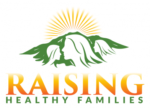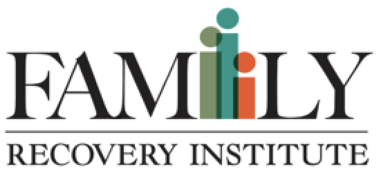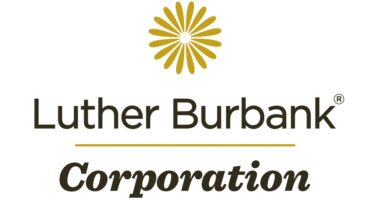Abuse
What is abuse?
Abuse, broadly speaking, is the misuse of power causing harm to the person or people being abused. While we often think of abuse as physical violence or coercion, the damage verbal, psychological, and emotional abuse can cause must not be underestimated. An abuser tries to control others and force them, through physical, verbal, emotional, or other means, to submit to his or her desires. Through their abusive treatment of others, abusers disregard the integrity, worth, and fundamental rights of individuals and threaten their well being.
The term “abuse” can refer to domestic violence, the mistreatment of children, elders and other dependent adults, bullying, sexual harassment, and hate crimes.
Domestic violence is any act of violence committed by a current or former spouse or romantic partner, including physical violence, sexual violence or coercion, and verbal, emotional, economic, or psychological abuse. Child abuse and elder abuse can take many of the same forms as domestic violence, and may also include neglect.
What all of these forms of abuse have in common is that they are harmful and wrong. Abuse can have long-term physical and emotional effects. While the direct victims of abuse may suffer the most serious consequences, both witnesses and perpetrators of abuse can also be harmed. For example, children who witness domestic violence can be traumatized and need support to process what they have experienced.
How can I recognize abuse?
Listen to your gut. If a voice inside tells you that you or someone around you is being abused, it is probably right. You need to seek help. Remember, you have the right to be treated with respect and to live without fear of physical or emotional harm.
The following behaviors are just some of the actions that may signify abuse: physical violence such as hitting, punching, shaking, or burning; intimidation, threats or ultimatums; extreme forms of punishment; excessive blaming, rejecting, ignoring, name calling, or belittling; and failure to give necessary care and attention to those who are dependent.
What should I do?
The most important action you can take if you or someone you know is being abused, or if you are abusing someone, is to seek help. If you or someone near you is in immediate danger, call 9-1-1 and try to move to a safe place. If the danger is not immediate, you can seek help from local law enforcement agencies, psychological services, and other resources. In Marin, you can contact the Marin Abused Women’s Services Hotline ([415] 924-6616, or [415] 924-3436 para español). If you are abusing someone and need support so that you can stop, you can call the Men’s Hot Line (415-924-1070) or Women’s Hot Line (415-924-6616).
Many victims (and perpetrators) of abuse are afraid to speak out. They are worried about retaliation and/or they are ashamed about what is happening. Sometimes speaking out can put someone in immediate and severe danger. However, as soon as safely possible, it is important to reach out for help. Remember that you are not alone in what you are experiencing and that there are many caring, trained professionals who can help.
Healing from abuse takes time. You may need to get medical treatment, take appropriate legal action (such as reporting the abuse to the police or obtaining a restraining order), make a plan for keeping yourself safe, and find people, including friends and/or therapists, who can listen and provide emotional support. Above all, remember that you do not deserve to be abused and you are not alone.
Abusers also need help and intervention in order to stop their abusive behavior and learn to deal interpersonally in a way that is more respectful both to others and themselves. Psychotherapy to deal with underlying issues (perhaps childhood experiences of abuse) can be effective. Other treatment strategies may include substance abuse treatment, anger management skills, communication skills, and so on.
Online Resources









